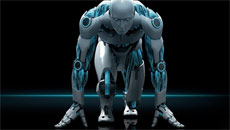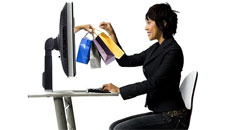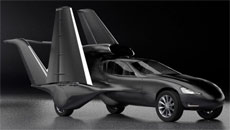What if humidity in the air can be used to power your smartphones or iPads? With new findings that water droplets can generate small amounts of electricity, this appears possible in near future.
Researchers at Massachusetts Institute of Technology (MIT) have discovered that when water droplets spontaneously jump away from superhydrophobic surfaces during condensation, they can gain electric charge in the process.
Apart from charging electronic devices, the new system could also produce clean water.
The device will have a series of interleaved flat metal plates that can be made of cheaper aluminium.
"As water droplets jump, they carry charge from one plate to the other; if the two plates are connected through an external circuit, that charge difference can be harnessed to provide power," said post-doctoral fellow Nenad Miljkovic and Evelyn Wang, an associate professor of mechanical engineering, at MIT.
The system is based on earlier findings by Miljkovic and Wang that droplets on a superhydrophobic surface convert surface energy to kinetic energy as they merge to form larger droplets.
This sometimes causes the droplets to spontaneously jump away, enhancing heat transfer by 30 percent relative to other techniques.
They later found that in that process, the jumping droplets gain a small electric charge.
In a practical device, two arrays of metal plates - like fins on a radiator - would be interleaved so that they are very close but not touching.
"The atmosphere is a huge source of power and all you need is a temperature difference between the air and the device," Miljkovic added.
This will allow the device to produce condensation, just as water condenses from warm, humid air on the outside of a cold glass, he said in a paper published in the journal Applied Physics Letters.





